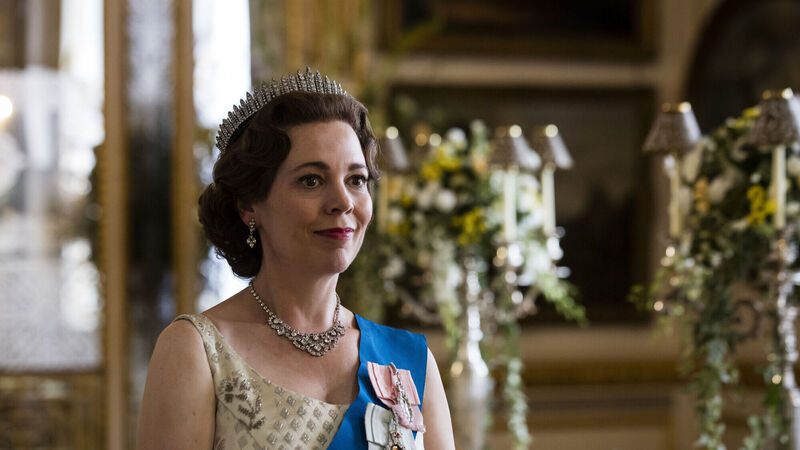Maeve Higgins: Americans just can't get enough of monarchy malarkey

Olivia Colman portrays Queen Elizabeth II in a scene from the third season of 'The Crown'. US viewership of 'The Crown' more than quadrupled from the Friday to Sunday after the Queen's death compared with the previous week.
Grief counsellors will tell you there is no one right way to mourn. I will tell you there are a million wrong ways to mourn.
Since Britain's Queen Elizabeth died on September 8, I've seen them all. It's none of my business how people in the UK express their grief over the death of their queen. So reluctantly, but with extraordinary grace, I will keep my thoughts to myself on that count.
CLIMATE & SUSTAINABILITY HUB















